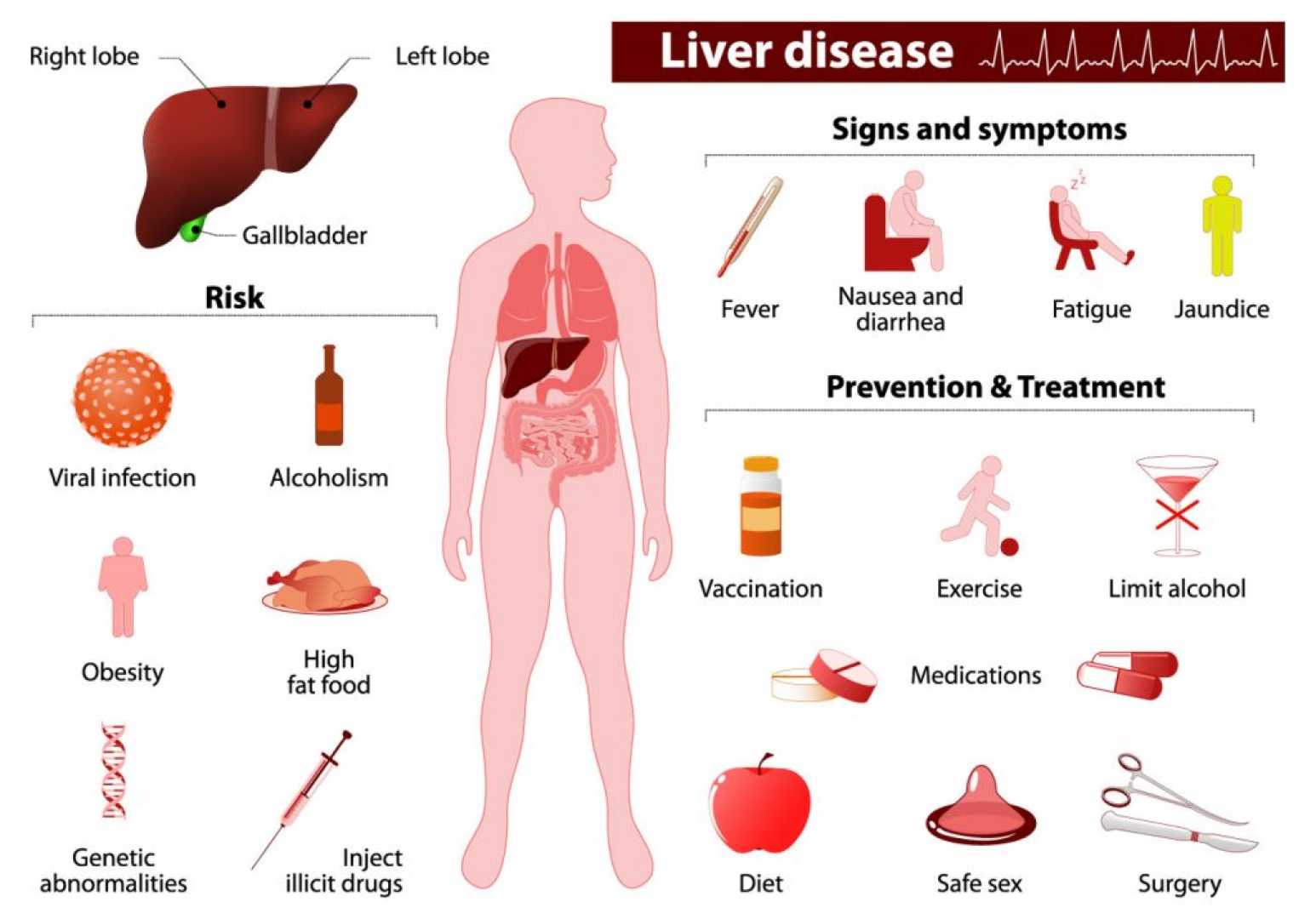Health
Liver Cancer: Rising Global Threat, Symptoms, and Treatment Options

Liver cancer has emerged as a significant global health concern, ranking as the third leading cause of cancer-related deaths worldwide. According to recent studies, the incidence of liver cancer is expected to increase dramatically, from 905,700 cases in 2020 to 1.4 million by 2040.
The condition often arises from chronic liver diseases such as hepatitis and liver cirrhosis, as well as lifestyle factors including excessive alcohol use. Symptoms of liver cancer typically include abdominal pain, unexplained weight loss, jaundice, and fatigue, which may not become apparent until the later stages of the disease.
Early detection is crucial for effective treatment. Imaging tests and blood tests are essential tools in diagnosing liver cancer at an early stage. Treatment options can include surgery, chemotherapy, or in some cases, liver transplantation. Prompt intervention and a comprehensive treatment strategy significantly increase the likelihood of successfully managing the disease.
Researchers are actively working on broad strategies to combat liver cancer. For instance, a recent study led by Dr. Sanyal at Virginia Commonwealth University (VCU) is part of a comprehensive effort to tackle liver cancer through various approaches, highlighting the need for early detection and innovative treatment methods.
Studies analyzing urine specimens from patients with newly diagnosed liver cancer and chronic liver disease are also providing valuable insights into the associations and potential biomarkers for these conditions. Such research aims to improve prevention and treatment strategies for liver cancer.












